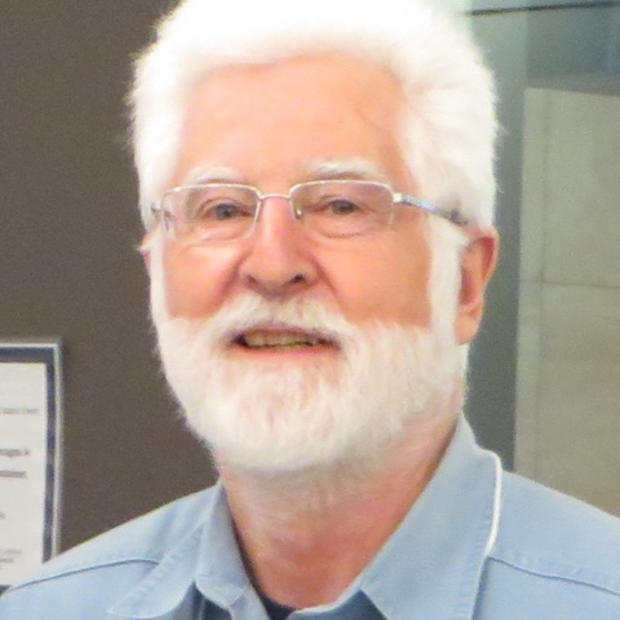There’s hardly an issue more perennially popular with politicians than education. How many education governors have we had now? Legislators willing to opine are legion. Our last couple of mayors have blustered about how the city could do better job with schools than the school district. And we’re in our 10th year — at least — of education presidents.
And nowadays, too, the superrich get to play. Offering exhortations and dropping packets of money here and there, the Gates-Buffet-Broad-Walton-Annenberg-Caseys and a dozen others have crowded into the wheelhouse.
There’s no doubt that many of the experiments and changes proposed for America’s schools have merit, and there’s a good chance that quite a few of them (charter schools, perhaps) are just rearranging the deck chairs. At any rate, what they all have in common is a “systems” approach. They almost always propose ways to change how the K-12 system works.
And all — politicians and philanthropists — are probably at their best working outside the schools, funding social services that help kids from low-income families come to school healthy and prepared. The Harlem Children’s Zone and Seattle’s Families and Education Levy are good examples.
But our politicians, philanthropists, and other education leaders almost completely ignore another area, another way, they could improve the lives of our children. In just two words, it’s the bully pulpit. More sociologically, it’s changing community values.
Politicians, particularly, would serve us better if they stepped up and took every opportunity to talk about what parents and other members of our communities can and should do to help kids succeed in school.
There are two subjects I’d suggest:
First, a number of communities including Kennewick, Wash., have improved third-grade reading rates through broad, multimedia campaigns urging adults to “Read aloud with your child 20 minutes every day.” Imagine if politicians and other prominent people repeated that message every chance they got. After a while, the message would sink in and families rich and poor, parents, aunts and uncles, caregivers — all of us — would be reading with kids.
Over time — and it would take time — it would be a community value, something expected of everyone. By the way, there are seeds for a city/region-wide program at the Alliance for Education. (Full disclosure: I helped plant that seed back in 2006).
Second is the simple idea of hard work. Admittedly, there’s a hornets’ nest of controversy in talk about America’s values (in decline, just great, no big deal) and what we impart to our children. Nevertheless, leaders with guts have got to tell us the truth. Whatever else is going on, or competing for kids’ attention, success in school means stepping up and doing the work. Personally, I think a lot of parents neglect to mention this. It’s another community value that our elected leaders could help rebuild.


